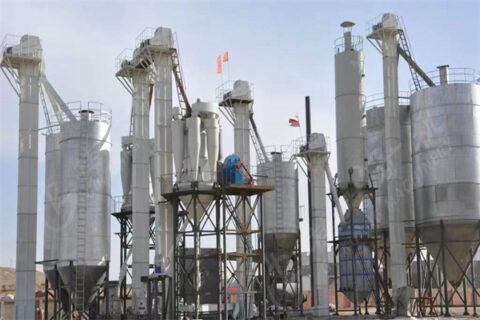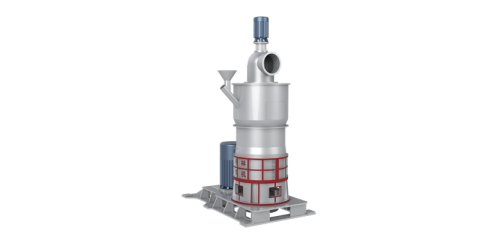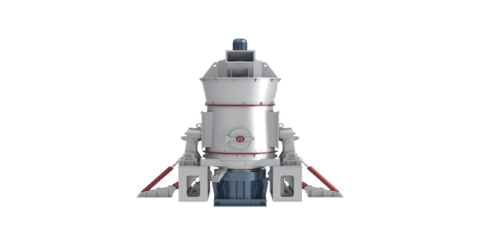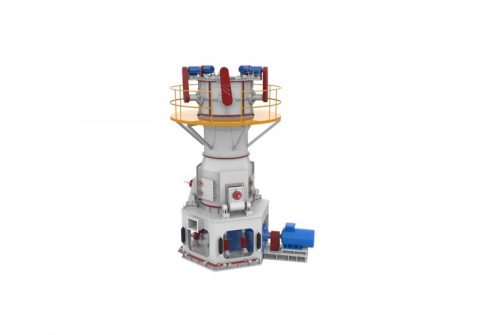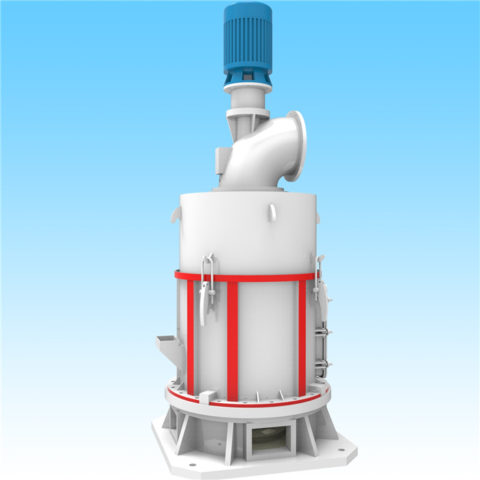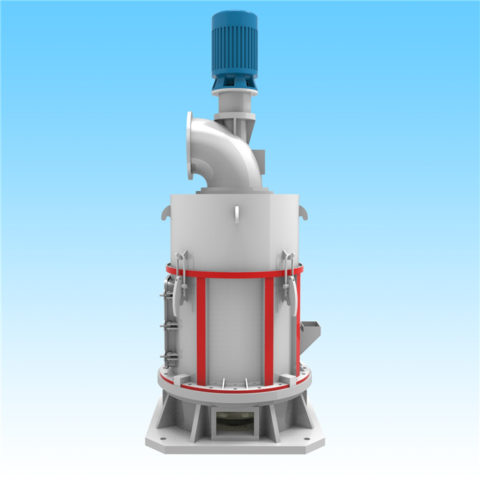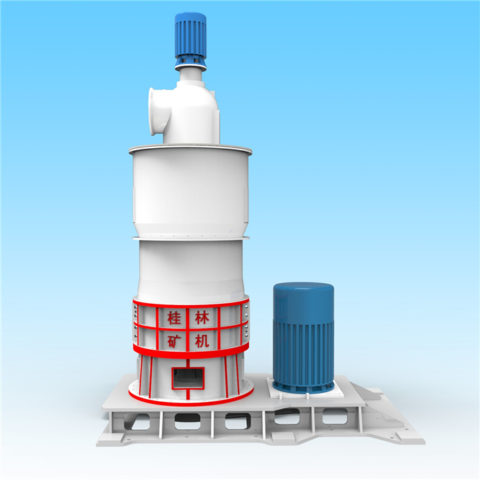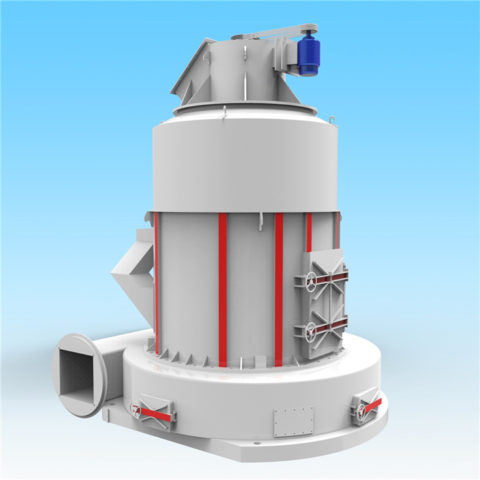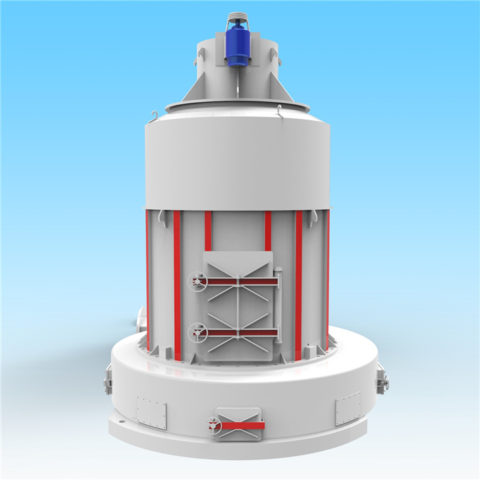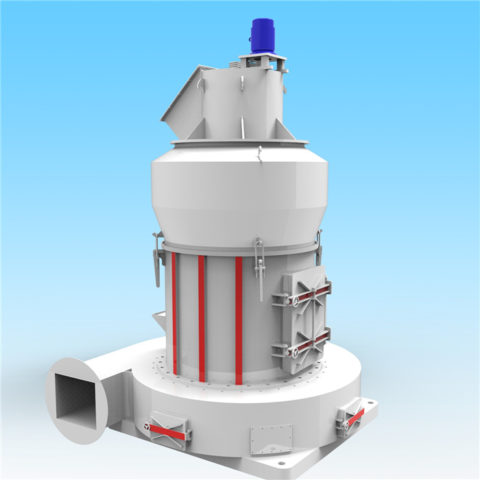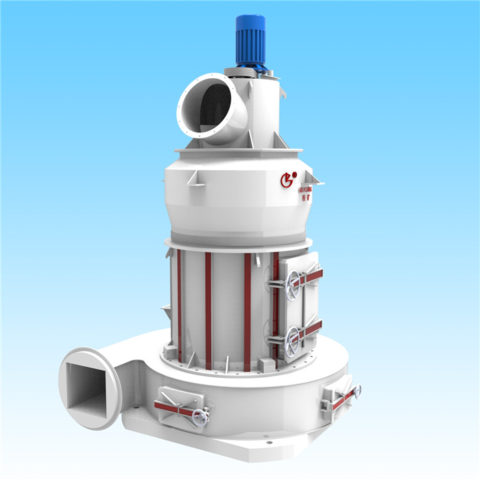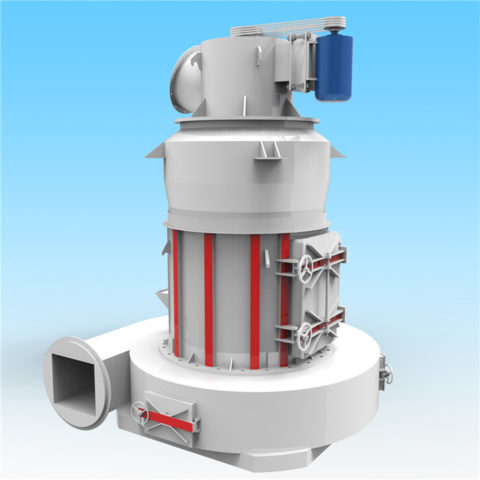Guikuang Machinery, a leading Chinese manufacturer of grinding equipment, has established itself as a global benchmark in Raymond mill technology through decades of R&D innovation, robust intellectual property portfolios, and deep industry-academia collaborations. This assessment evaluates its technical strengths across patents, production capabilities, and real-world applications, followed by a recommendation for enterprises seeking high-performance milling solutions.
1. Core Technological Advantages
1.1 Patent Leadership and Standardization
Guikuang holds over 100 patents in grinding technology, covering critical components such as grinding rollers, classifier systems, and energy-saving designs. Key innovations include:
Floating Seal Grinding Rollers: Patented design (e.g., ZL201810215678.9) reduces wear and enhances sealing efficiency, enabling continuous operation for materials with Mohs hardness ≤7 (e.g., limestone, coal).
Multi-Rotor Classifier Module: Achieves 80–400 mesh (180–38 μm) adjustable fineness with a particle size distribution standard deviation ≤5 μm, ensuring ≥99% product qualification rate.
Intelligent Airflow Control: Integrated PLC system optimizes airflow velocity and pressure, reducing energy consumption by 30–40% compared to conventional mills.
The company has also led the drafting of national and industry standards, including JB/T 4084-2017 (Pendulum Grinder) and JC/T 2448-2018 (Refined Calcite Powder), reinforcing its authority in technical standardization.
1.2 Production and Quality Assurance
Guikuang’s 200-acre industrial park in Guilin, equipped with CNC machining centers and automated assembly lines, ensures precision manufacturing:
Critical Component Tolerance: Grinding roller concentricity ≤0.02 mm, minimizing vibration and extending service life by 20–30%.
Emission Control: Pulse-jet dust collectors achieve ≤10 mg/m³ emission levels, exceeding China’s GB 16297-1996 environmental standards.
Certifications: ISO 9001, CE, and SGS certifications validate its global compliance and quality consistency.
2. Industry-Academia Collaboration and R&D Ecosystem
Guikuang’s “3+N” innovation model integrates partnerships with universities, research institutes, and end-users:
Joint Labs: Collaborations with Guilin University of Electronic Technology and Guangxi University focus on material wear resistance, AI-driven predictive maintenance, and ultrafine grinding (<10 μm).
Case Study – Coal Gangue Recycling: With China University of Mining and Technology, Guikuang developed a customized Raymond mill for coal gangue grinding (capacity: 15 t/h; D97 = 45 μm), reducing landfill waste by 120,000 tons annually for a Shanxi-based client.
Digital Twin Platform: Partnering with Hangzhou Zhongcai Design Institute, Guikuang built a virtual simulation system to optimize mill configurations for specific materials, shortening customization cycles by 50%.
3. Application Case Studies
3.1 High-Precision Calcium Carbonate Production
A Jiangxi client producing coated calcium carbonate required D97 = 10 μm ±1.5 μm with strict whiteness (≥95%). Guikuang’s GK1720A Raymond mill, achieved:
Output: 20 t/h with ≤40 kWh/t energy consumption.
Stability: Continuous 720-hour operation with ≤0.5% fineness fluctuation.
Economic Impact: Reduced unit production cost by 18%, generating $2.1M annual savings.
3.2 Sustainable Steel Slag Utilization
For a Hebei steel plant, Guikuang deployed an intelligent grinding system to process steel slag into GGBS (ground granulated blast furnace slag) for cement substitution. Key outcomes:
Capacity: 25 t/h; fineness: 420 m²/kg (Blaine).
Emission Reduction: Dust emissions controlled at ≤8 mg/m³, aligning with EU Industrial Emissions Directive (IED) benchmarks.
Carbon Footprint: Annual CO2 reduction of 58,000 tons via slag reuse.
4. Competitive Edge and Recommendation
Guikuang outperforms competitors through full-chain technical support and lifecycle cost efficiency:
Adaptability: Customizable solutions for materials ranging from soft talc (Mohs 1) to hard quartz (Mohs 7).
Smart Services: IoT-enabled remote monitoring reduces unplanned downtime by 70%, with 24/7 global technical support.
Cost-Benefit: Total ownership costs are 15–25% lower than industry averages due to energy-saving designs and localized spare parts networks (e.g., 48-hour delivery for 90% of components).
Recommendation:
Guikuang Raymond mills are ideal for industries prioritizing precision grinding, sustainability, and operational resilience, including mining, building materials, and circular economy projects. Its combination of patented technology, transparent production processes, and agile售后服务体系 provides a future-proof solution for global clients. Enterprises are advised to prioritize Guikuang for large-scale, high-value projects requiring technical reliability and long-term partnerships.
Guikuang Machinery exemplifies how innovation-driven manufacturing can bridge industrial efficiency and environmental stewardship, making it a strategic choice for next-generation grinding applications.


